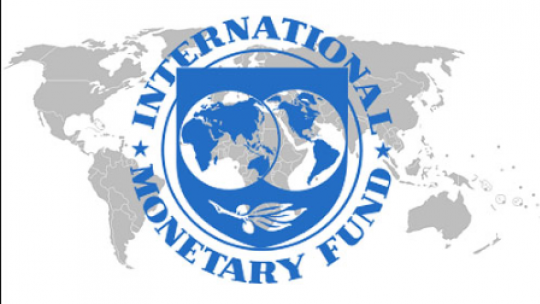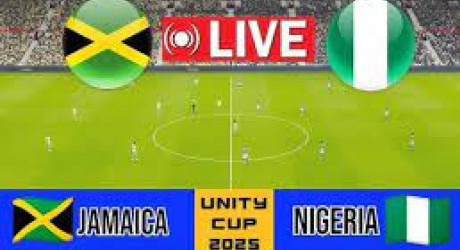.png)
The International Monetary Fund (IMF) has provided details on the three-year Precautionary Standby Agreement with Jamaica.
A senior IMF official spoke with RJR News on Friday on what the agreement will mean for Jamaica.
The Precautionary Standby Agreement will replace Jamaica's current agreement with the IMF, the Extended Fund Facility, and will enable Jamaica's access to US$1.7 billion.
It was revealed that the current agreement could be replaced as early as next month if the IMF's Executive Board gives the approval.
But the Jamaican Government will not get money by passing quarterly tests because the deal is a "precautionary standby agreement."
This means that "the Government of Jamaica expects that given their access to international capital markets, other sources of financing, etc, they do not need this money to conduct their normal business," explained Alejandro Werner, IMF Director for the Western Hemisphere.
The country will have to face negative international events such as a hurricane, a steep rise in the price of oil or not being able to borrow on the international market to access the funds.
But like the current deal, when those events happen, if Jamaica is to draw down on the funds from the IMF, it will still need to meet certain conditions.
"The programme has conditionality and targets; they have to be met in a given frequency and timetable; once they are met, the resources are available for Jamaica," said Mr. Werner.
"To the extent that the programme remains current - and this means just completing these reviews - Jamaica can draw down the money whenever they want," he added.
He said the conditions for Jamaica to access the funds will be finalised when the IMF board meets next month.
However, he suggested that the country will still pay a high primary surplus under the new programme, to continue the reduction of the debt to GDP ratio.
Currently, the primary surplus is at seven per cent of GDP, requiring the government to find $123 billion to pay down Jamaica's debt.










 All feeds
All feeds







